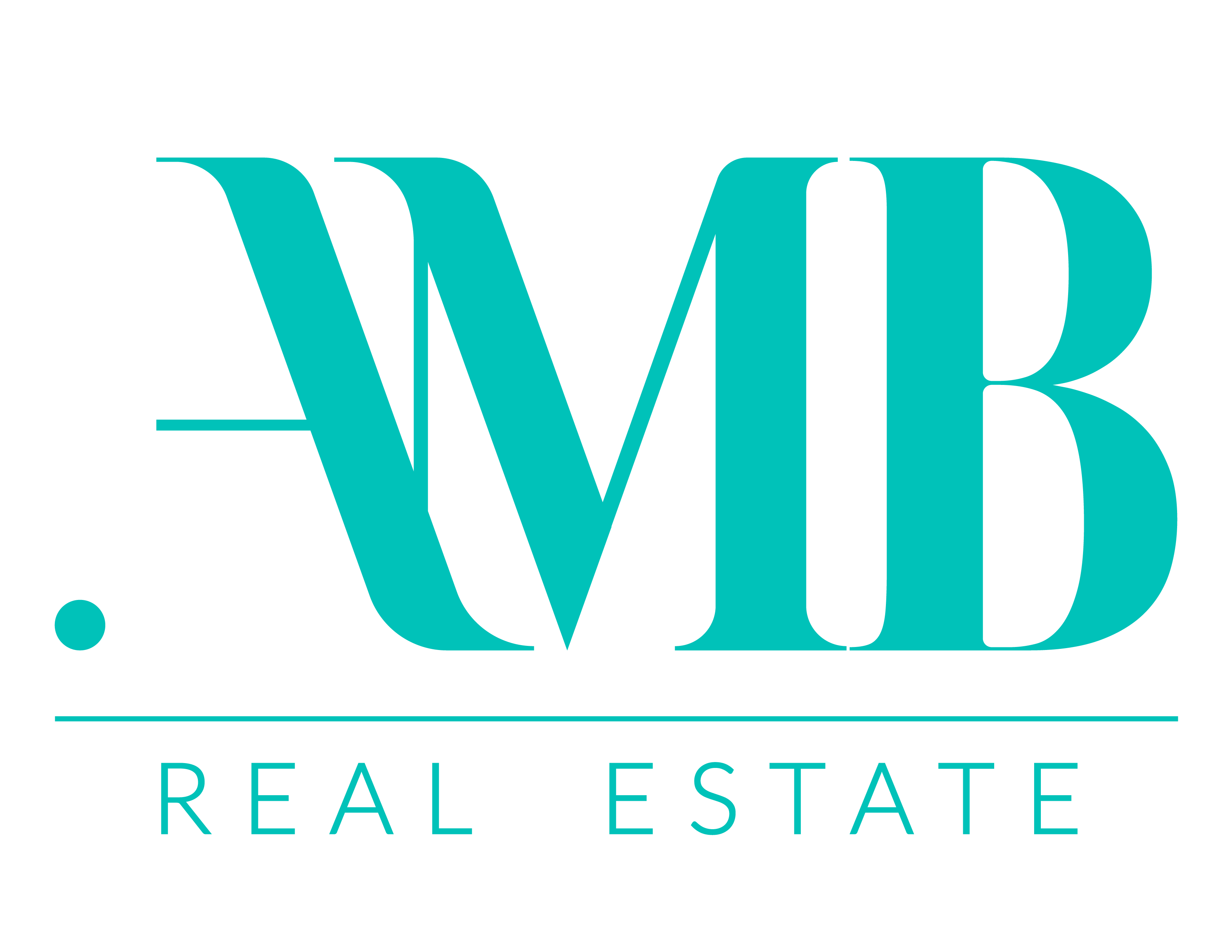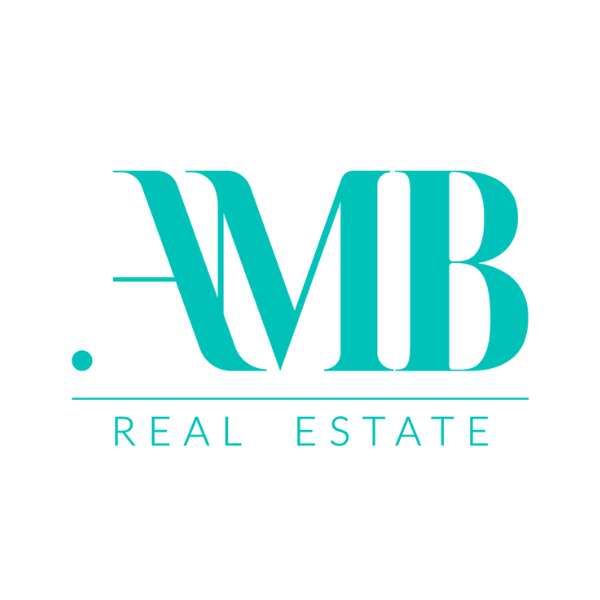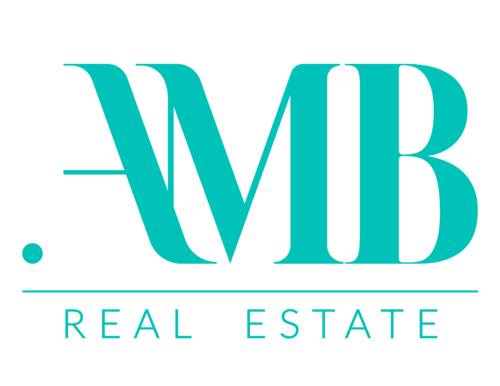When considering the choice between buying and renting in the Swiss real estate market, it’s crucial to weigh the advantages and disadvantages unique to each option before reaching a decision. Let’s explore the pros and cons of buying versus renting property in Switzerland.
Advantages of Buying a Property in Switzerland:
- Investment Potential: Purchasing a property in Switzerland can serve as a long-term investment opportunity. The Swiss real estate market’s stability makes it an appealing choice for individuals looking to build equity and financial security.
- Stability and Control: Owning a home provides a sense of stability and control over your living space. Homeowners have the freedom to customize their property according to their preferences without seeking approval from a landlord.
- Tax Benefits: Homeowners in Switzerland may enjoy certain tax advantages, such as deductions on mortgage interest payments, potentially resulting in financial savings.
Disadvantages of Buying a Property in Switzerland:
- High Initial Costs: Acquiring property in Switzerland typically involves substantial upfront expenses, including down payments, closing costs, and various fees. These costs may pose a challenge for some potential buyers.
- Maintenance Responsibilities: Homeownership comes with maintenance and repair responsibilities, which can incur additional costs and require ongoing care and attention.
- Market Fluctuations: While the Swiss real estate market is generally stable, economic factors can impact property values, leading to potential fluctuations and affecting resale opportunities.
Advantages of Renting in the Swiss Real Estate Market:
- Flexibility: Renting offers greater flexibility compared to buying, making it an ideal choice for individuals who anticipate frequent relocations or are uncertain about their long-term plans.
- Lower Initial Financial Burden: Renting typically requires a smaller initial financial commitment, as renters are not required to provide a down payment or cover other costs associated with property ownership.
- Maintenance Convenience: Renters are exempt from property maintenance responsibilities, as these tasks are typically handled by the landlord or property management, providing convenience and peace of mind.
Disadvantages of Renting in the Swiss Real Estate Market:
- Lack of Equity Building: Renting does not involve building equity in a property, which means renters miss out on the potential financial benefits associated with property ownership.
- Potential Rent Increases: Rent prices in Switzerland can fluctuate, potentially leading to annual rent hikes that impact monthly housing expenditures and may pose budget challenges over time.
- Limited Control: Renters have restricted control over the property compared to homeowners. Making significant changes or renovations may require landlord approval, subject to the terms of the lease agreement.
You might also be interested in: Understanding the Swiss Real Estate Market: A Comprehensive Guide for Investors and Homeowners
The decision to buy or rent property in the Swiss real estate market should be based on individual financial circumstances, long-term objectives, and personal preferences. While buying offers potential for equity growth and stability, renting provides flexibility and lower initial financial burdens. It’s essential to assess your specific situation, conduct thorough research, and carefully consider the advantages and disadvantages of each option before making an informed choice that aligns with your needs and goals.







